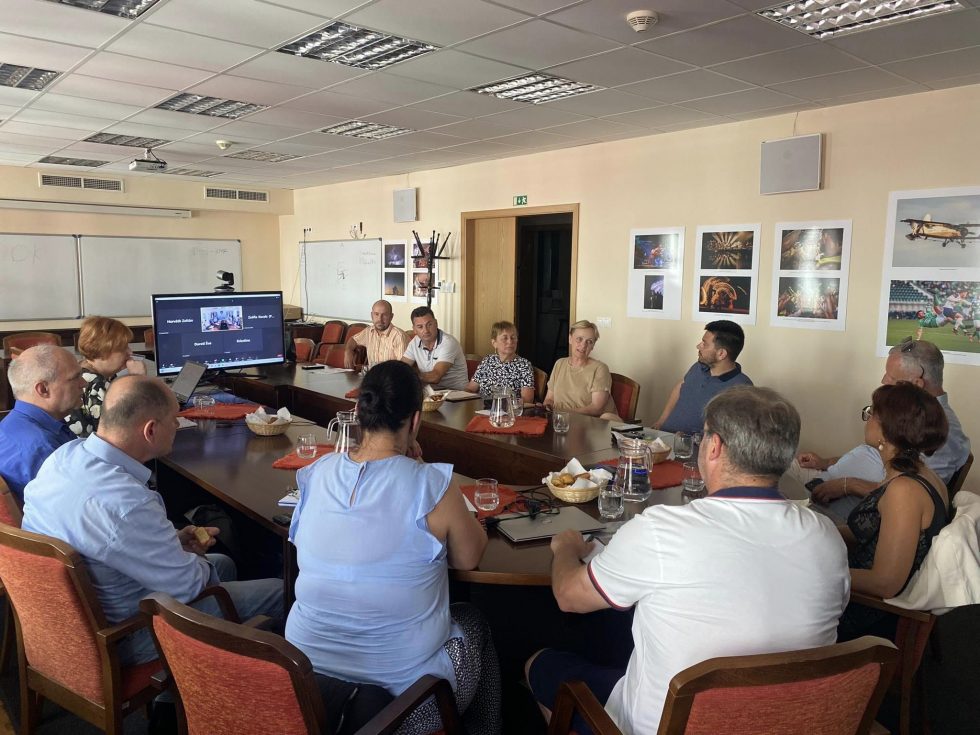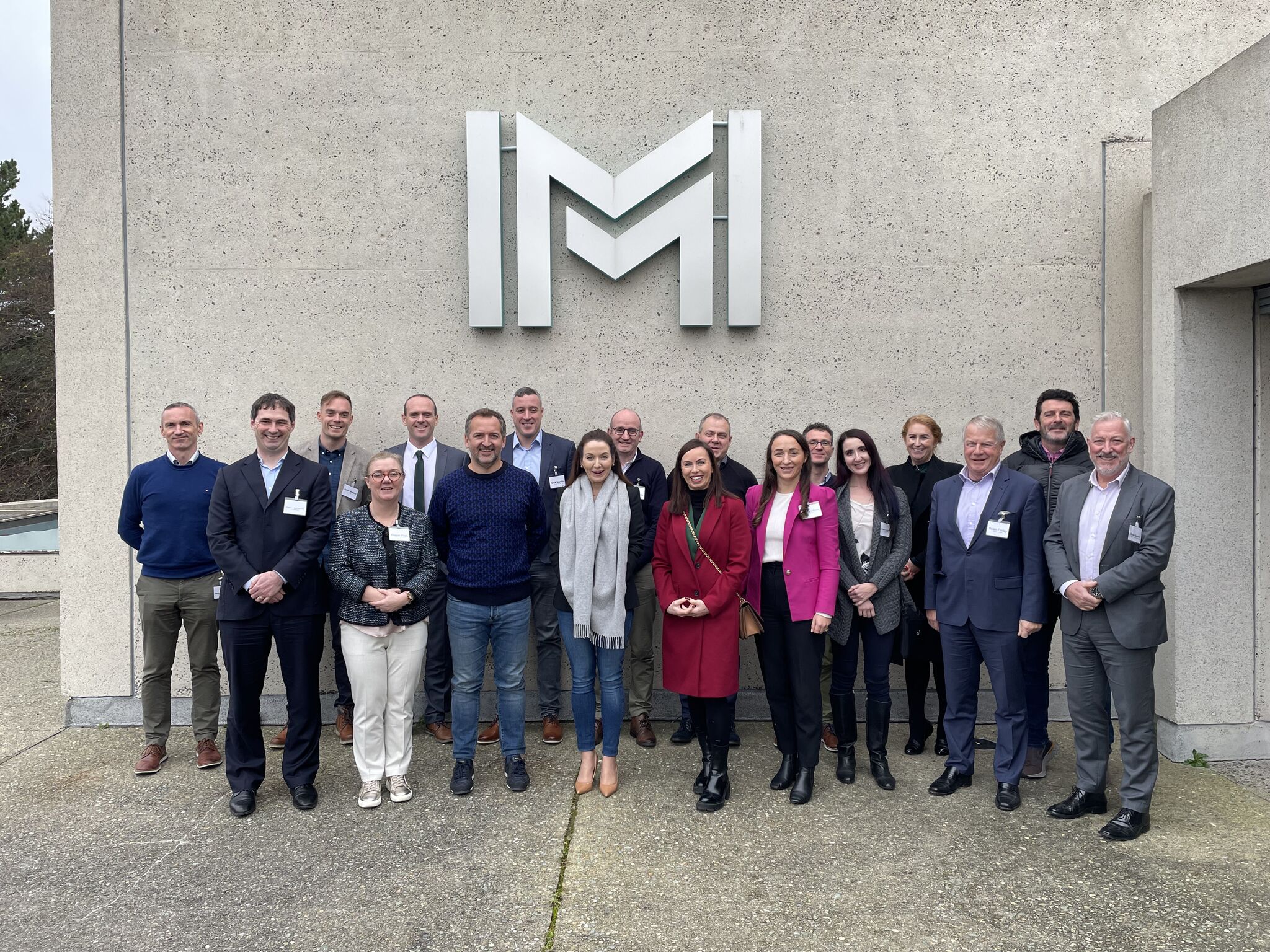The Ministry of Finance in Lithuania was pleased that our economy withstood the shock caused by the COVID-19 pandemic well. However, despite sufficiently optimistic forecasts, there are also worrying factors - as many as a quarter of Lithuanian companies still consider themselves affected by the COVID-19 crisis. A survey initiated and conducted by the Lithuanian Innovation Center together with the Panevėžys Development Agency revealed that such a situation has arisen not without reason - a large number of manufacturing companies are poorly prepared to withstand various structural shocks. Although global trends indicate that in the future companies will have to pay more and more attention to unforeseen crises, only a small part of Lithuanian manufacturing companies are moving in this direction.

The survey of the manufacturing industry in the Panevėžys region showed that a minority, only 9% of companies, have a detailed risk management strategy and action plan in place to deal with unexpected structural shocks, and even 40% of the companies surveyed have no crisis management strategy at all. It is therefore not surprising that with the onset of the COVID-19 pandemic, as many as 53% of the surveyed companies in the Panevėžys region felt a significant or very significant impact on the company's activities -the companies lost customers, sales volumes decreased and employees had to be laid off. Only 11% of the companies surveyed did not feel any negative impact during this pandemic.
Paradoxically, however, one of the reasons for the poor preparedness of manufacturing companies for this crisis is the relatively long period of economic growth that has taken place so far, during which there have been no major shocks. Lithuanian business has been growing every year with increasingly positive expectations, so many companies have not started to consider crisis scenarios. Analyzing the data of the survey in Panevėžys region, it was noticed that the probability that the company will not be ready for the crisis management strategy increases if it has not previously had very significant negative consequences of the crisis. As much as 62% of companies that had not previously had a significant impact on the crisis said they did not have any crisis management strategy or action plan. For comparison, 58% of companies with a risk management strategy in place have experienced severe or very severe effects of structural shocks in the past. Most of these companies have been operating for more than 10 years and have already faced the challenges of the 2008 crisis in the euro area. Thus, based on these data, it can be said that companies usually learn from their own negative experiences - only those who have suffered losses start to prepare for future risks in advance to reduce the damage they cause.
However, investing in measures to increase the resilience of companies should take place before the first effects of the crisis are felt. Mckinsey experts estimate that companies, regardless of the sector in which they operate, can expect to experience approximately 42% annual EBITDA-related distances in a decade related to the aforementioned structural shocks. This is the minimum recommended amount that companies should devote to the preparation and implementation of their structural shock resilience action plan. Long-term strategic investments can provide a significant advantage in the event of unexpected crises. Firms that are not resilient to the structural shocks that occur tend to try to adapt to the changed situation by reducing costs to survive an unfavorable economic period. Meanwhile, companies that prepare for shocks in advance seek to use the accumulated resources and adapt them to the changing environment - they develop and launch new products, seek to retrain their employees, look for new customers. During structural shocks, such companies do not think about survival, but about creating new opportunities in changed circumstances.
Thus, a key part of the strategy to withstand structural shocks is the planned investment in the development and implementation of innovations, which is a universal tool to help reduce the threat posed by various crises. The importance of advanced technologies was also highlighted during this pandemic when companies benefited from the introduction of digitized and automated production lines that could be managed remotely. Another important aspect was the ability and technological capabilities of companies to reorient their products or services in the light of existing new circumstances. The survey of companies in the Panevėžys region only confirmed these tendencies - manufacturing companies, which stated that they invest a lot or very much in advanced technologies had 30%, less likely to be adversely affected by the crisis than companies that have invested little or no in advanced technologies.
If you want to read more, please go to Foundation Library: https://www.interregeurope.eu/foundation/library/











